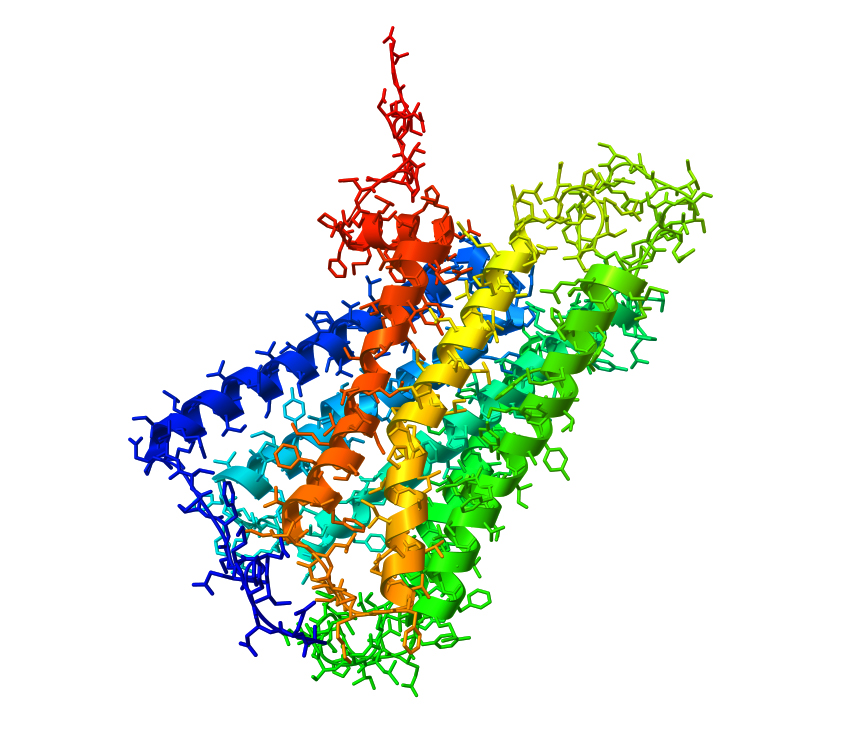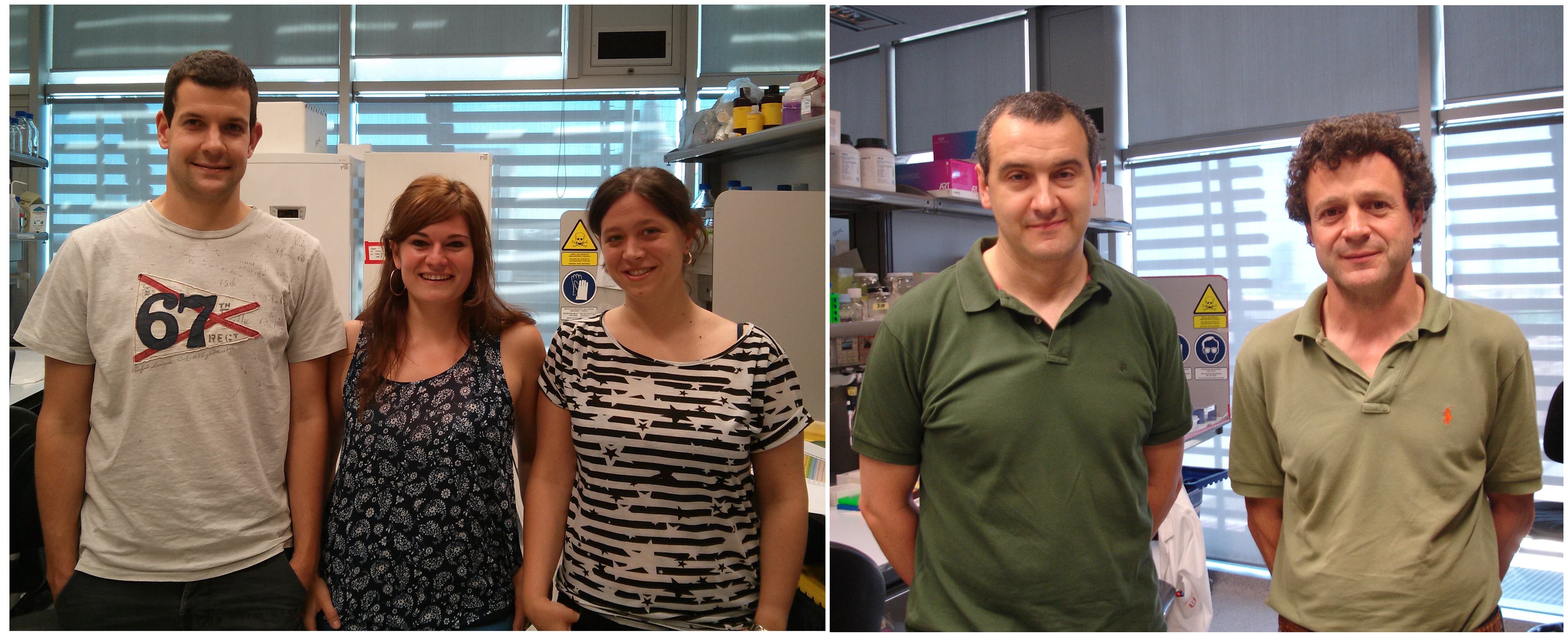A neuronal receptor is responsible for non-emotional memory errors caused by stress
A neuronal receptor is responsible for non-emotional memory errors caused by stress

Scientists from the Neuropharmacology Laboratory at Pompeu Fabra University in collaboration with scientists from the University of Bordeaux (France) and the University of Mainz (Germany), have discovered the mechanism that underlies the harmful effect that produces stress in memory consolidation. The results are published in the latest edition of the journal Proceedings of the National Academy of Sciences.
Emotional state affects the consolidation of memories. On the one hand, emotions can help us remember important events in our lives while on the other they can cause errors in registering memories. Over the years, the scientific community has shown great interest in the impact of stress on emotional memory, in particular that directly related to traumatic events. However, few details are known of how stress influences the formation of emotional memories, as in the case of remembering the events of everyday life or the things that we study.
Faced with stressful stimuli, our nervous system triggers the production and release of hormones such as norepinephrine, adrenalin and cortisol, the latter two produced in the adrenal glands, and all of them with a marked effect on cognitive ability as they act on several brain regions involved in memory formation. The endocannabinoid system, which is responsible for regulating processes such as learning and memory, help to curb the release of stress mediators in tense and overwhelming situations in such a way that the body recovers the conditions prior to stress thanks to the activation of this system.
This research, part of the doctoral thesis by Maria Gomis-González and led by Andrés Ozaita, principal investigator of the Neuropharmacology Laboratory and senior lecturer with the Department of Experimental and Health Sciences (DCEXS) at UPF, examines the role of the endocannabinoid system in the consolidation of non-emotional memories in the face of stressful situations, finding the main role of the CB1 cannabinoid receptor in adrenergic/noradrenergic-type neurons. The activation of this receptor and the modulation it exerts on the release of norepinephrine, lead to the fact that in stressful situations failures can occur in the consolidation of non-emotional memories: in mice, following the pharmacological or even genetic blockade of CB1 cannabinoid receptors, genetic deficits of non-emotional memory typical of a stressful situation are not observed.

The results also show that, in addition to the participation of the central nervous system, peripheral agents such as the adrenal glands are involved in the memory failures described, revealing CB1 receptors as a key element in the process. This finding ensures the emergence of new approaches in the study of the treatment of stress-related cognitive aspects.
According to Ozaita, “the mechanism described reveals an important interaction between adrenergic and cannabinergic neurotransmission with major importance in the consolidation of new memories. Knowledge of this interaction between the two systems of neurotransmission will contribute to our understanding of the cognitive deficits associated with post-traumatic stress.” And he adds, “in this condition, the emotional memories associated with the traumatic event bring about a stressful reaction in the patient, altering their ability to create daily memories. Therefore, our study may lead to expand the range of therapies to combat cognitive deficits of post-traumatic stress via molecules that reduce the activity of the CB1 cannabinoid receptor.”
Reference article: Arnau Busquets-Garcia, Maria Gomis-González, Raj Kamal Srivastava, Laura Cutando, Antonio Ortega-Alvaro, Sabine Ruehle, Floortje Remmers, Laura Bindila, Luigi Bellocchio, Giovanni Marsicano, Beat Lutz, Rafael Maldonado, Andrés Ozaita. Peripheral and central CB1 cannabinoid receptors control stress-induced impairment of memory consolidation. Proceedings of the National Academy of Sciences, August 2016.
doi: 10.1073/pnas.1525066113.
